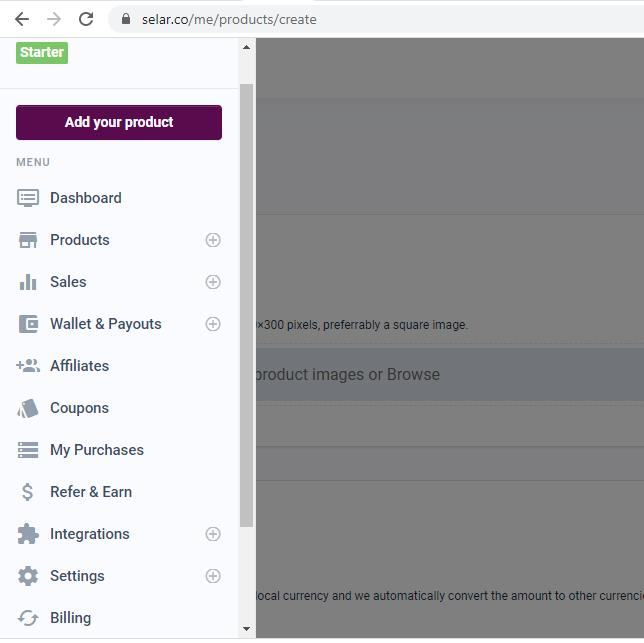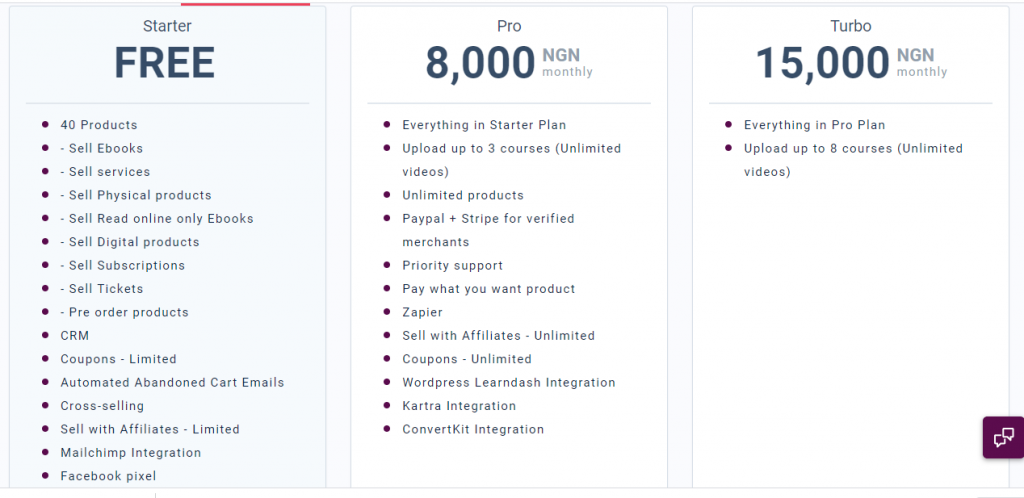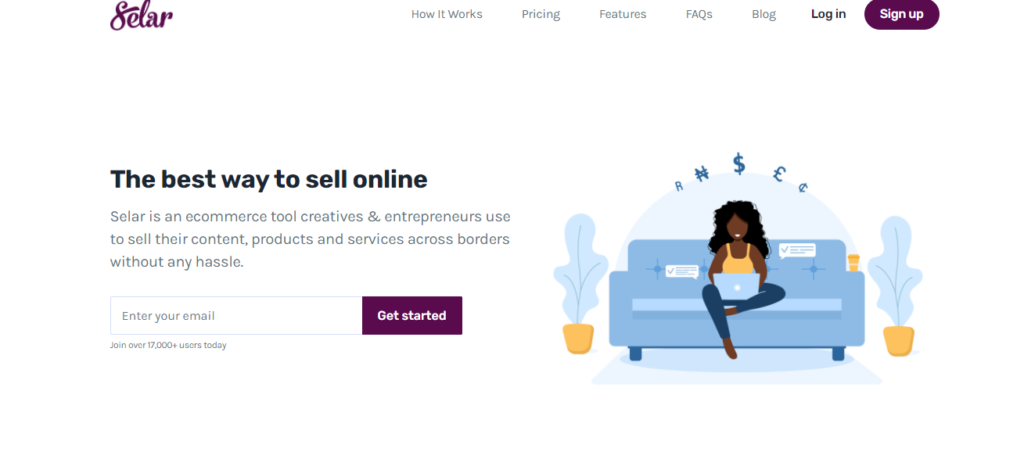As the fight against piracy and copyright infringement continues, pirate platforms where people download digital items free of charge are slowly losing their popularity. This has led to the adoption of more legitimate platforms offering legitimate original content for a fee while paying content creators for their works.
As more and more people become digital creators, finding the right platform to put up your content, set the right price and add some perks that will attract buyers has become more important in our world.
In 2016, Douglas Kendyson started Selar in Lagos to give digital content creators a platform to sell their products for the right price and make their product available to people in Nigeria and in other parts of Africa. Since Kendyson started Selar, the company has gone on to work with more than 17,000 creators in the country.

Source: Techpoint
Organisations that have worked with Selar include the popular Mount Zion Films that was founded by Mike Bamiloye and Eva Alordiah.
Selar lets you set your own price for your product
For anyone with a digital product, Selar allows you to create a mini-online store where you can sell products like ebooks, physical products, courses, music and training. The process of setting you up is a relatively easy one that the startup says will not take more than 5 minutes. To set up a store, you need your email address, bank account details and the products you want to sell.
If you are adding a physical product, you need to also look at how buyers will have it delivered to them. Selar gives you a way to set different delivery locations and the price for each location when you are adding the physical product.
You can make more money selling on Selar because you are allowed to fix the price for your product. It is left to you to make sure that buyers are convinced of the quality they will receive if they pay your price.
Once your account is set up, you can put your products up and share the link to your store on every platform you choose. Here is a tweet to an ebook that was published on Selar by Anire Okene.
The story behind “Writing Made Easy” is a testimony! But I’ll save that hot
gist for another time.
Do hurry & get this eBook at ₦1,000 on @tryselar before the price goes back up to its original price of ₦2,000 by February 1st.
Enjoy the read!
https://t.co/VmMGLm2Qit pic.twitter.com/LL9V03L7mh
— Aniré Okene (@AnireOkene) January 21, 2021
Selar recently added a subscription model for people who want to host their courses on its platform. All the products on Selar online stores can be accessed from anywhere in the world, however, transactions can only be carried out in 6 currencies for now. The currencies are Naira, Dollars, Pounds, Cedis, Kenyan Shillings, Rands and Ugandan Shillings.
Putting your products on Selar is free until you sell
Creating a store online on Selar is free and merchants only pay when they make sales. On each transaction, the trader pays N50 as well as 4% of whatever the customer is paying for the product to Selar. This ensures that the seller gets at least 90% of whatever the product costs.

Source: Selar
If you have a course that you want to teach on Selar, you will need to upgrade from the free plan to the premium monthly or yearly plan. Depending on the number of courses you have available to teach, you can either take the Pro or the Turbo plan.
The Pro plan allows you to upload unlimited videos for a maximum of three courses while the Turbo plan allows up to 8 videos. The premium plans give PayPal and Stripe as additional payment options for verified traders.

Source: Selar
What users think
Selar does not have a mobile app and buyers and sellers only use the web app. However, Twitter is home to most of the people who use it. @Greatgold said, “As a Creator in Nigeria, @tryselar has made it easy for me to sell my content. Their platform is easy to navigate and they don’t keep you in the dark with all that is going on with your content on their site. Check my course on Stock Market on their site”
Ecris Chimah made a point of asking how Selar plans to stop people from redistributing digital content that they pay for on Selar. He said. “with Selar one can purchase an item and still go-ahead to send it to others via USB, Xender, Bluetooth… Has this gap been filled?”.
But with selar one can purchase an item n still go ahead to send it to others via USB, xender, bluetooth… Has this gap been filled?
— Ecris Chimah (@EcrisChimah) June 6, 2020
This is a real problem whose solution depends on individuals buying digital products. Enlightening people more on the dangers of breaching copyright may help increase peoples’ willingness to buy these contents. However, it may not have a lasting effect on stopping people from sharing, except a technological restraint can be placed one way or the other.
Selar has only been funded through the TEF grant – Funding and competition
Selar has been funded by the Tony Elumelu Foundation grant. This was a sum of $10,000 that was received in 2018. The startup was shortlisted as one of the additional 210 entrepreneurs to be sponsored by Gesellschaft für Internationale Zusammenarbeit, a German developmental aid company.
Since the grant, the company has not received any additional funding and has only increased the revenue that it gets from customers. In 2020, Selar recorded over N100 million in transactions and began 2021 operations with a positive cash flow.
Flutterwave and Jumia are alternatives that can be used when selling physical products to people. Jumia also has a section for ebooks, music and movies but these are not as well-known as other products like electronics and fashion items. Flutterwave launched an e-commerce service that SMEs can use to set up online stores for their businesses.
Unlike Selar, the two alternatives are not designed with a major emphasis on downloads of digital content and are more suited for businesses with physical products.
Feature image credit: Selar
The post Startup Review: How Selar Helps Creatives Sell Digital Products and Make Money Online appeared first on Technext.
This content was originally published here.



